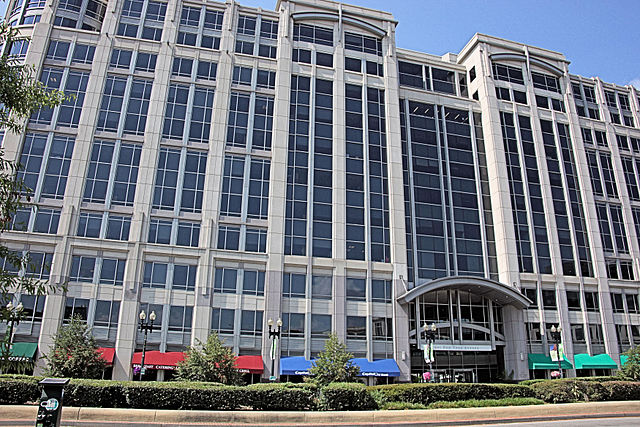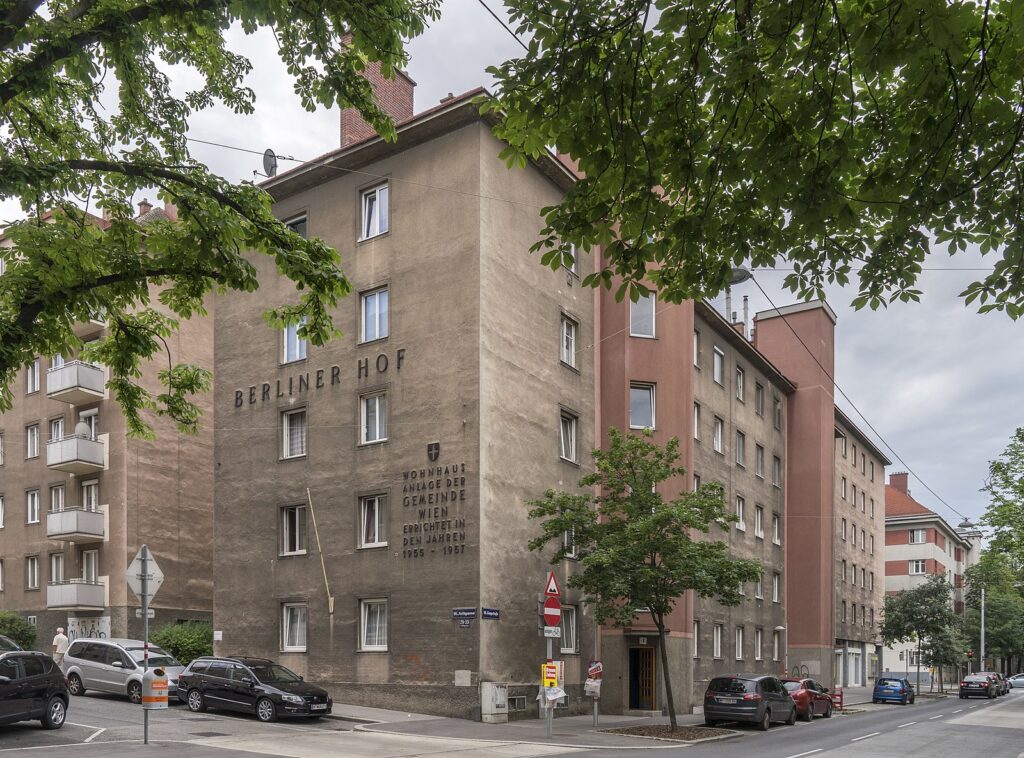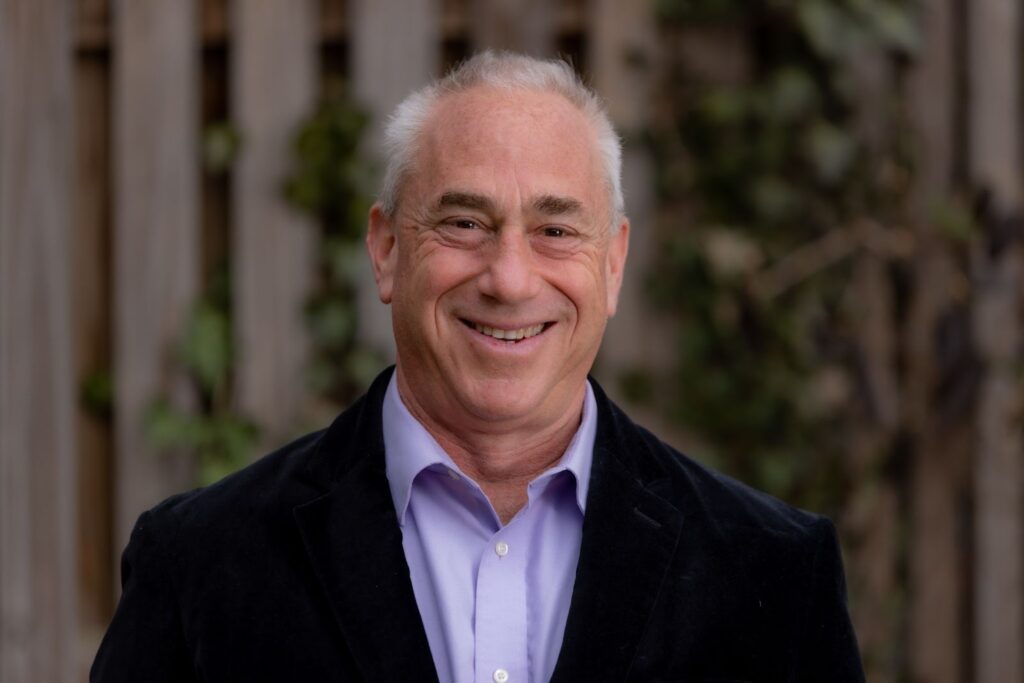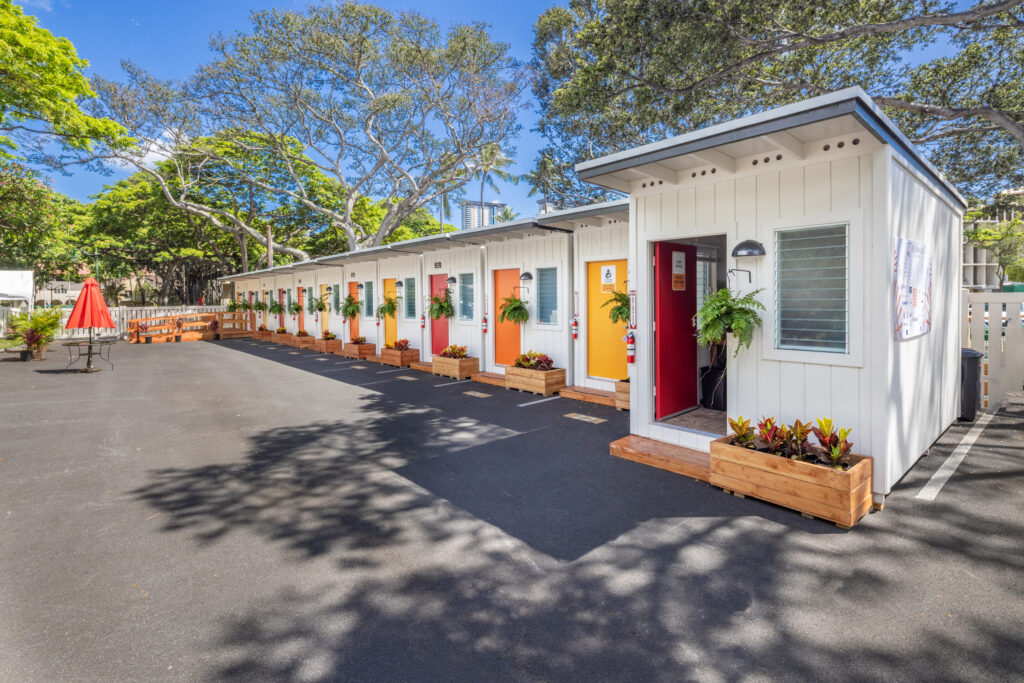This article was featured in the May 13 digital-only edition of Street Sense. Until it is safe to resume person-to-person sales, you’ll always be able to find the current digital-only edition at streetsensemedia.org/Digital Thank you for reading! Please continue to support our vendors through our mobile app (streetsensemedia.org/App).
Elitism runs deep in the veins of D.C. politics. It is a disgustingly familiar and toxic form of exclusion, the kind that allows those that hold the most wealth and power to make decisions supposedly for – yet noticeably without – people of lesser means.
It is no surprise that Mayor Bowser’s recently announced “ReOpenDC Advisory Group,” tasked with informing the city’s movement out of quarantine when the COVID crisis lifts, includes none of the people most impacted by the crisis itself.
“Every resident has a seat at the table and an opportunity to share their perspective, thoughts, and dreams. Our hope isn’t just to simply ReOpenDC, but to be a better D.C. when we do reopen,” Mayor Bowser heralded in her official press statement. But on her telephone town hall, held April 29, thousands listened in while only a few residents were selected to direct their reopening questions to the mayor and her panel.
It turns out there are “seats at the table” – but they are reserved for insiders. The mayor hand-selected members and excluded anyone who might not conform to her development agenda.
Look no further than the “Real Estate and Construction” committee of the advisory group. That’s right, “real estate” – not “housing,” much less affordable housing. The group is chaired by the city’s Director of Real Estate who, working within the office of the Deputy Mayor for Planning and Economic Development (DMPED), is in charge of giving city land to developers.
The “Community Co-Chairs” are two of the city’s most prolific developers: Monty Hoffman, who developed The Wharf with over $200 million in public land and subsidies, and Buwa Binitie of Dantes Partners, which has several times benefited from public subsidy.
Among the 20 others listed on the committee as “Community Members,” you will find some of the biggest names in D.C. development – like MidCity, EYA, and WC Smith. A quarter of the committee members have direct links to the Federal City Council, a notoriously powerful business lobby group. Missing from the committee are people with expertise in deeply affordable housing and community development.
A glance at the membership of all 12 ReOpenDC committees shows how exclusive this group is. There appears to be no one representative of the D.C. populations most impacted by the COVID-19 crisis. No persons living below 30% of the area median income, or at the poverty level. No one experiencing homelessness. No public housing residents, no people with disabilities, no returning citizens.
The rest of us are offered the chance to be “heard” via online surveys, yet another void of “public engagement” that most D.C. residents will never know about.
There’s a saying about privilege – it’s when you think something is not a problem because it is not a problem for you.
We can imagine the types of “problems” this privileged group of developers and development attorneys will bring to the table. How can the city provide more financing for their projects? How can the city lessen regulatory obstacles to development? How can the city keep their profits flowing, based on the continued influx of higher-income newcomers?
We are about to face a massive wave of evictions across the city if nothing is done to provide rental assistance to those who lost work during the crisis. We have thousands of people residing in shelters or on the streets who are greatly susceptible to the coronavirus. Even pre-COVID, tens of thousands of Black residents had been displaced and tens of thousands more were on waiting lists for housing. We don’t have housing for tens of thousands of returning citizens, and people with disabilities literally cannot escape institutional settings because there is no affordable housing for them if they leave.
The definition of an elitist is “someone who believes that some things should be controlled or owned only by the richest or best-educated people.”
Mayor Bowser is making sure that the project manager for the Brookland Manor development and the project manager for the McMillan development are at the table. She wants us to be satisfied that they and their development peers will guide our city to become more racially equitable and address the longstanding and systemic divides that exist along racial and economic lines, causing widespread suffering.
And that my friends, is elitism at its worst.








